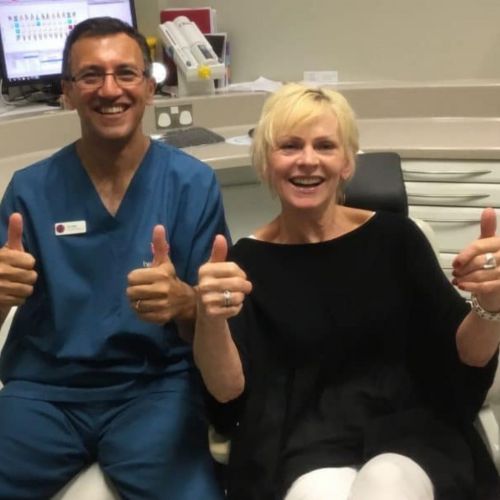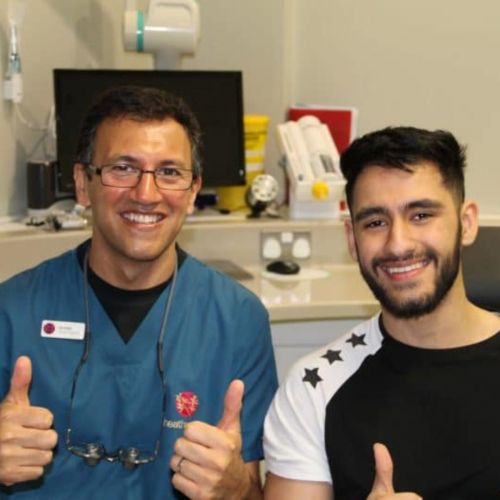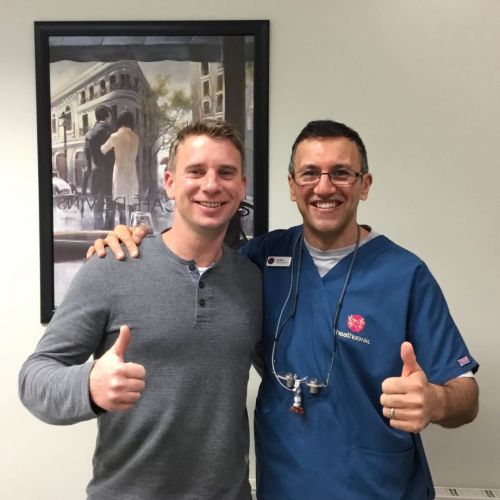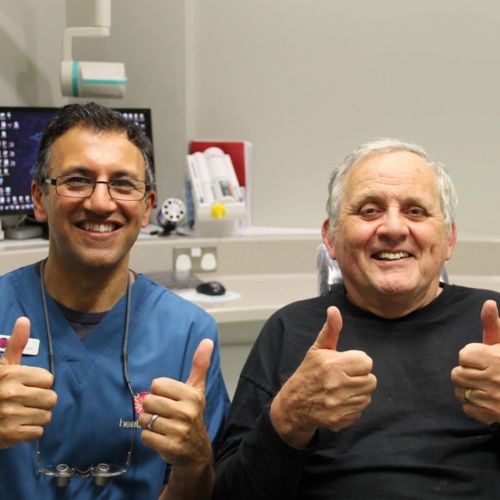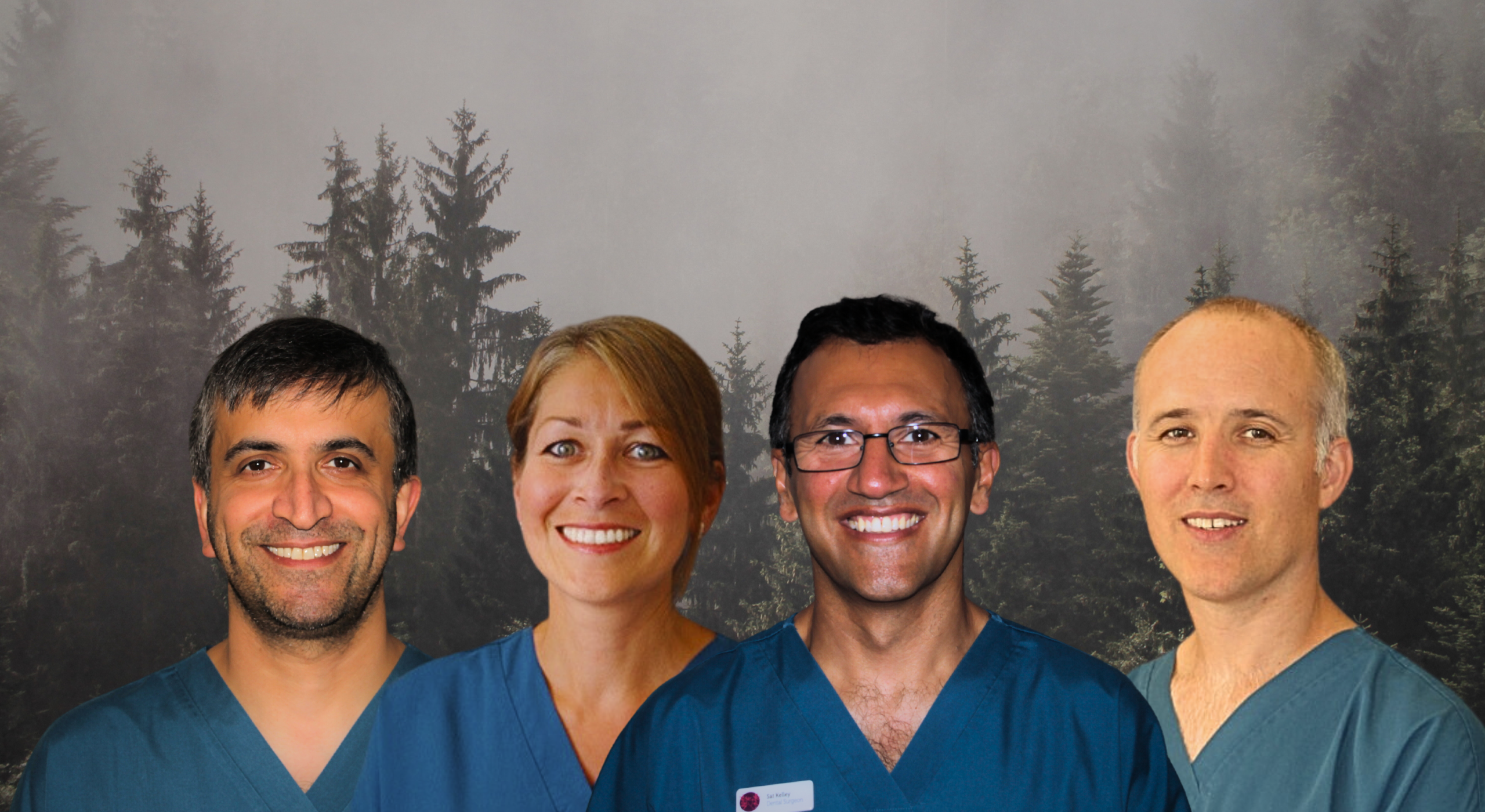Emergency Dentist Solihull
Call Heath Dental on 0121 392 7699 or email [email protected]
Tooth Crisis Clinic – Stop Your Dental Pain Now!
Call 0121 667 4514
EMERGENCY APPOINTMENT £54.95**
Emergency Help & Tips
Lost Or Loose Crowns
If your crown is loose or comes off then the quicker you contact the practice, the easier and simpler the treatment. Your crown will need to be refitted so please keep it safe and clean and bring it with you to your appointment. You may experience some sensitivity from the underlying tooth but try to keep the tooth as clean as possible.
If you are on holiday then we recommend that you purchase a dental first aid kit from the practice prior to your trip. This will contain a “glue” to temporarily fix the crown until you are able to contact us. PLEASE DO NOT USE SUPERGLUE.
Bleeding After Tooth Extraction
Try to avoid exercise or strenuous activity after the extraction. Avoiding aspirin will also help. Although rare, bleeding can happen and cause understandable anxiety. There will always be some sign of blood in your mouth but if the bleeding is excessive, that is similar to an uncontrollable nose bleed then please follow the instructions below.
You will have been provided with a bite pack. Please sit upright and place the bite pack (or handkerchief if you do not have a bite pack) into the socket space and clench for 15 minutes. It is advisable not to talk during this time so that constant pressure can be maintained. This should be sufficient to stem the bleed. If bleeding persists then contact the practice.
Pain/Swelling
Toothache can be very distressful and usually starts suddenly. It can vary from mild discomfort to a severe throbbing, which is often worse at night. The area of your jaw close to the infected tooth may also be sore and tender to the touch. Toothache can either come and go or be constant. Eating or drinking can make the pain worse, particularly if the food or drink is hot or cold. If you have dental pain for longer than one or two days, you should visit your dentist as soon as possible to have it treated.
The longer you leave it, the worse it will get and the more likely you will get swelling. What you can do while you wait for your appointment. Take painkillers such as ibuprofen or paracetamol. Using sensitive toothpastes such as sensodyne may also help. Looking after your dental health is the best way to prevent toothache. To do this you should brush your teeth twice a day using a toothpaste that contains fluoride; gently brush your gums and tongue as well clean between your teeth regularly using interdental aids such as floss, Tepe brushes and Airflossers.
Fluoride mouthwashes may be used if necessary. limit your intake of sugary foods and drinks; you should have them as an occasional treat and only at mealtimes do not smoke as it can make some dental problems worse Visit your dentist and hygienist regularly to catch decay and gum problems early.
Child’s Tooth Knocked Out From Trauma
Baby Teeth
Baby teeth start falling out naturally from 6 years old. If a baby tooth has been knocked out by injury then you must not put it back in, as this may damage the growing adult tooth. Suitable painkillers such as Calpol can be given for any discomfort. See your dentist later if you have any concerns.
Adult Teeth
It may be possible to place an adult tooth that has been knocked out back into the socket successfully. This can only be done if the tooth is in one piece. Time is of the essence, it must be replaced as soon as possible, no more than one hour. Retrieve the tooth, check that it is one piece. DO NOT touch the root as this can damage the cells needed for it to reintegrate into the socket. If possible an adult at the scene can put it back in. If the tooth is clean put it in straightaway.
Hold the tooth by the crown (the white shiny part normally seen in the mouth) make sure it is the right way around and push it gently back into the socket. Get the child to bite gently on a handkerchief and see a dentist as soon as possible. Go to the nearest Accident and Emergency Department if you cannot get to a dentist. If the tooth is dirty then rinse it with milk. If you do not have these then use the child’s saliva or cold water, do not scrub or use disinfectant it as again this will damage the cells needed for reintegration.
If you are unable to place it back in the socket then you must see a dentist as soon as possible. Go to your nearest Accident and Emergency department if you cannot get to a dentist. The tooth must be kept moist, ideally place it in milk. Do not put it in plain water as this will damage the cells whereas milk or even saline is better at preserving the cells. Putting it in the injured person’s mouth between the cheek and gum can be done if milk and saline are not available. Injuries like this most commonly occur when playing contact sports. Wearing a well fitting sports mouthguard made by your dentist is the best way to prevent such injuries.
Dental Implant Emergencies
Prevention is far better than an attempt to cure, which is:
- Unpredictable
- Can be uncomfortable
- Expensive
- Involve more surgery
In Order To Reduce The Risk Of Problems The Following Are Recommended:
- Clean the implant twice daily as demonstrated by the hygienist or dentist
- Keep up with regular (3 monthly) visits to the hygienist to remove the harmful biofilm which develops around implants and teeth
- Report immediately any signs of swelling, discomfort or increased bleeding
- Report immediately any signs of loosening
- Seek assistance from a qualified implant dentist if the crown comes off. Keep the crown safe until it is refitted
- Report immediately any trauma to the implant from a fall or blow
